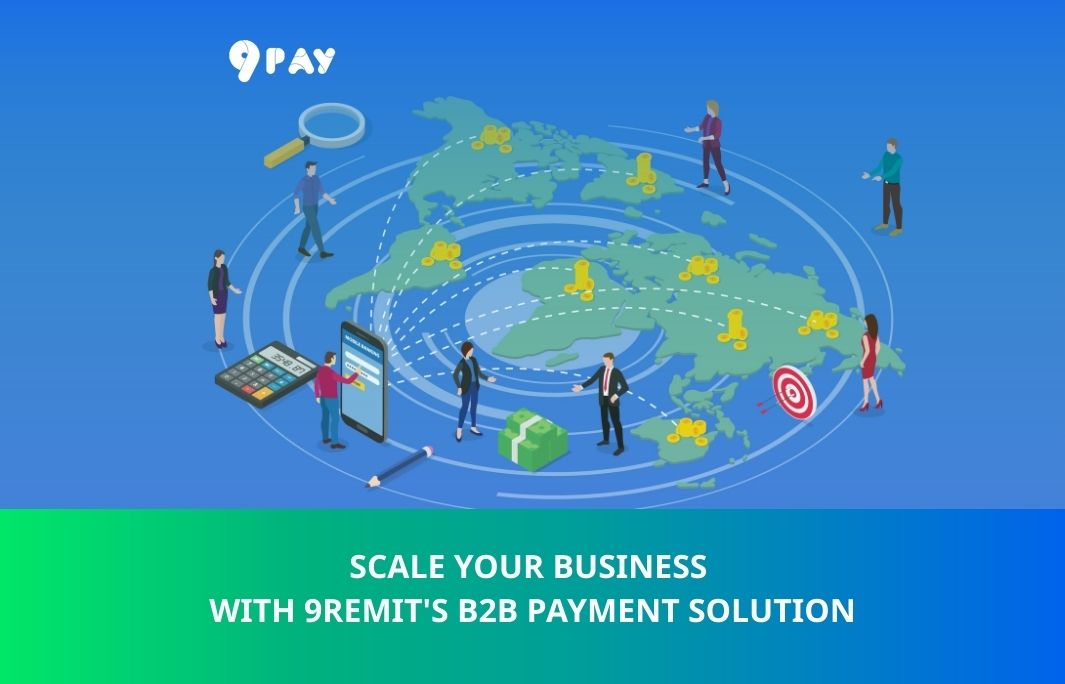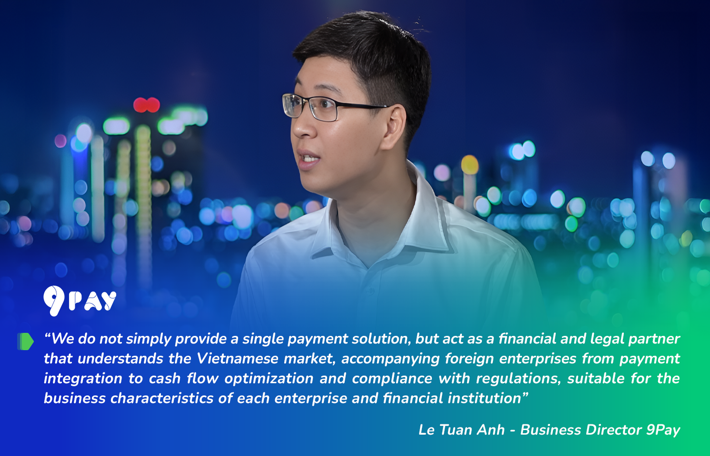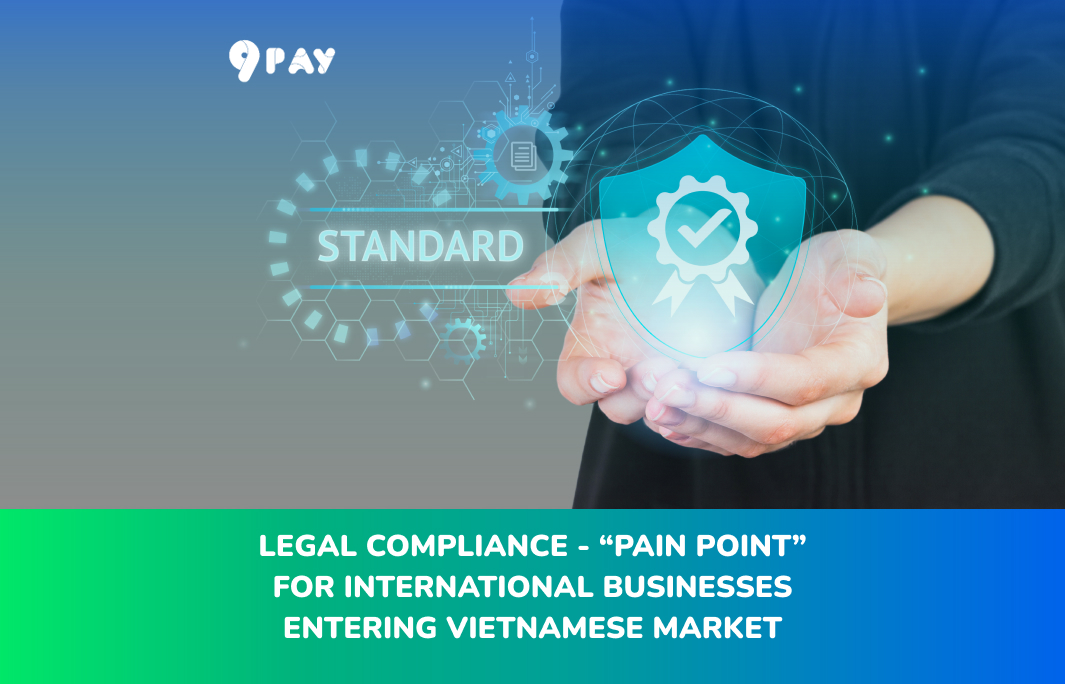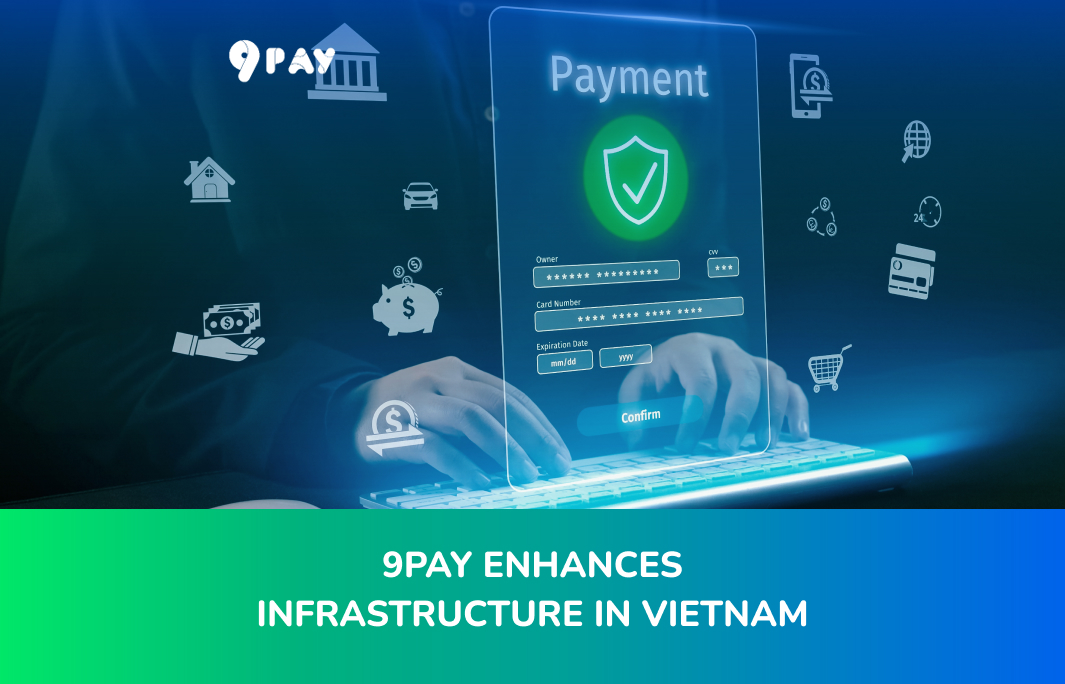Compliance is not a burden, it’s a ticket to the global value chain
Compliance with international legal standards is no longer a competitive advantage; it has become a baseline requirement.
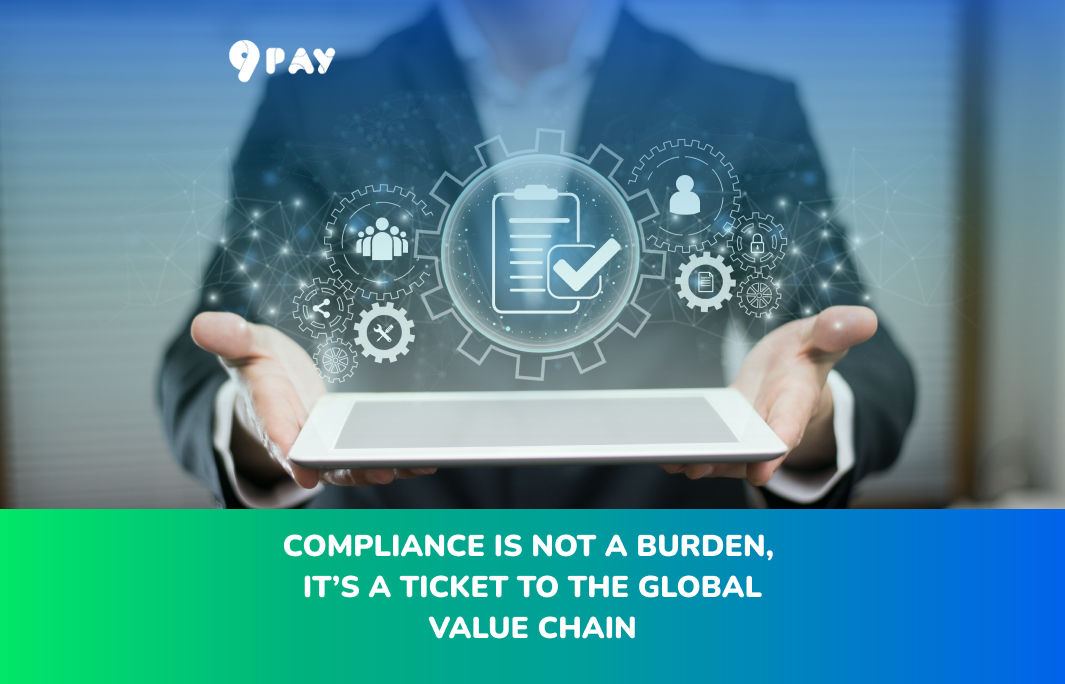
In today’s era of rapid globalization and digitalization, supply chains are no longer limited to physical goods; they now encompass the flow of services and financial transactions. For international companies seeking reliable partners in Vietnam, and for Vietnamese businesses expanding globally, compliance with international legal standards is no longer a competitive advantage; it has become a baseline requirement.
Vietnam’s growing international payment market is drawing strong interest from Payment Service Providers (PSPs) and global merchants. However, the complexity of legal and regulatory frameworks, especially in finance, demands strong compliance capabilities to ensure seamless, secure, and lawful transactions.
Legal barriers for foreign businesses entering Vietnam
Navigating compliance in Vietnam can be challenging for foreign businesses. Although the country is improving its regulatory framework, frequent changes and domestic legal complexities can hinder timely understanding and implementation. Differences between Vietnamese and international laws often require major adjustments in processes and systems.
Compliance costs are another significant burden. To meet requirements such as Anti-Money Laundering (AML), data protection, and industry-specific standards, businesses must invest heavily in legal consultation, technology, staff training, audits, and certifications. These upfront costs can impact competitiveness and market readiness.
Inconsistent information and varying interpretations by local authorities also pose challenges. International businesses need substantial resources to navigate this regulatory environment and operate transparently and efficiently.
Risks of non-compliance for international entrants
In the payments industry, handling sensitive customer data and financial transactions demands the highest levels of security and compliance. Failure to comply with regulations like AML can lead to serious legal and financial consequences, as well as reputational damage. Banks, financial institutions, and international partners require strict compliance, such as PCI DSS Level 1 certification for card data security. Non-compliance often leads to disqualification from partnerships.
In a digital age where customers expect robust data protection, a single breach can permanently erode trust. Falling short of compliance standards effectively excludes businesses from participating in the market.
This is why certifications like PCI DSS Level 1, GlobalSign SSL, AML, and 3D Secure are no longer optional competitive differentiators; they’re fundamental requirements. Understanding and meeting these standards not only facilitates market entry but also lays the foundation for sustainable expansion in Vietnam.
Standardizing technology and complying with cross-border payment regulations help minimize system failures, improve transaction quality and speed, and protect business operations. In short, compliance is a strategic asset that safeguards both business interests and long-term growth.
Fintech companies now play a pivotal role as enablers, helping businesses overcome cross-border payment barriers. Partnering with a licensed payment intermediary that meets international standards not only reduces risks but also simplifies market expansion and entry into Vietnam.
9Pay proudly as a “Made in Vietnam” fintech powering seamless international payments
As one of the first licensed payment intermediaries by the State Bank of Vietnam, 9Pay offers a comprehensive payment ecosystem, including a payment gateway, e-wallet, collection/disbursement services, and international remittance through 9Remit. Acting as a financial–legal partner deeply familiar with the Vietnamese market, 9Pay supports businesses from payment integration to cash flow optimization and full regulatory compliance.
Notably, 9Pay is among the few providers licensed to directly receive and disburse foreign currency, holds PCI DSS Level 1 certification, partners with over 50 banks, and adheres to all international money transfer standards. Transactions are processed within the day, with no limits on amount or frequency, maximizing flexibility for businesses.
In a modern value chain where trust and security are non-negotiable, choosing a payment partner with robust compliance capabilities is essential. 9Pay is not just a payment connector but a made-in-Vietnam expanding internationally, delivering safe, transparent, and efficient solutions that meet the highest global standards.




